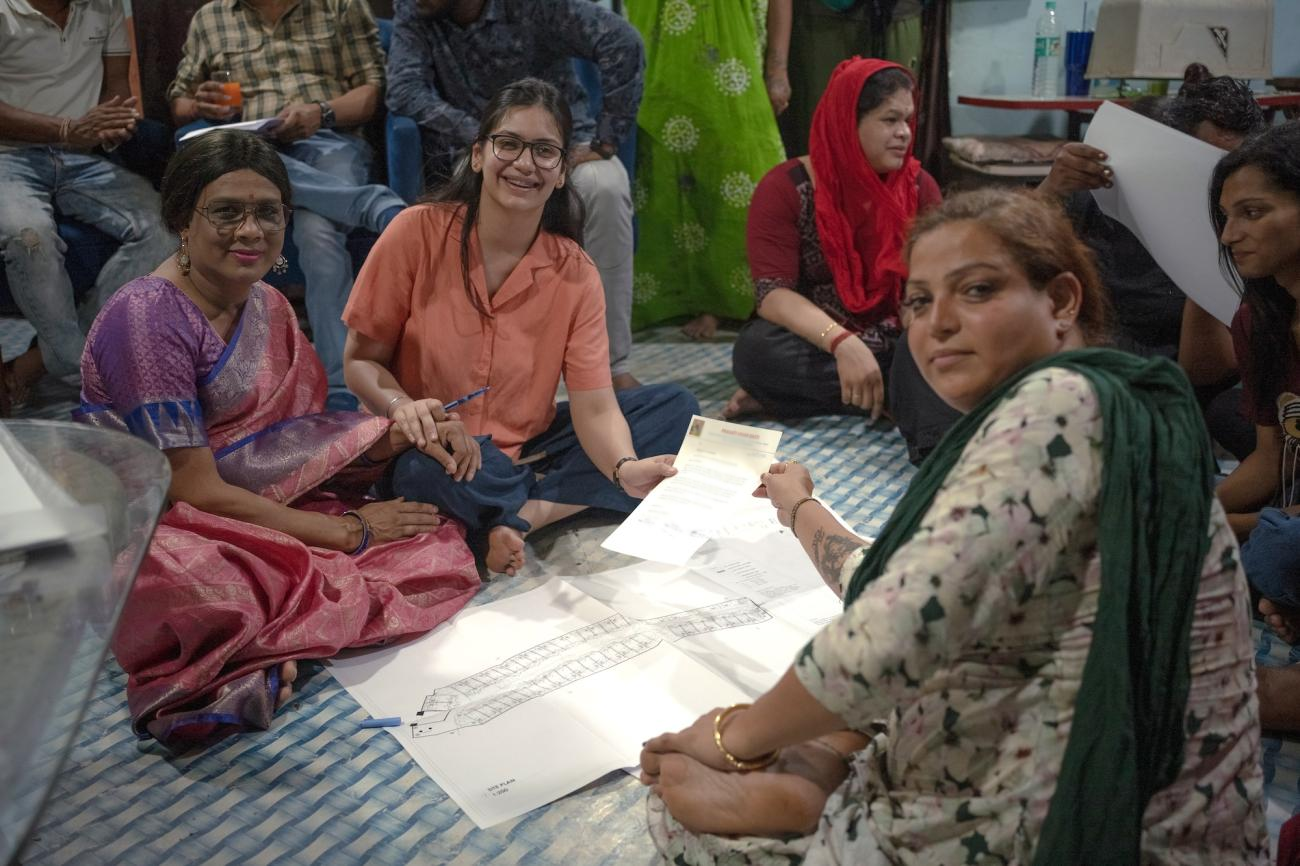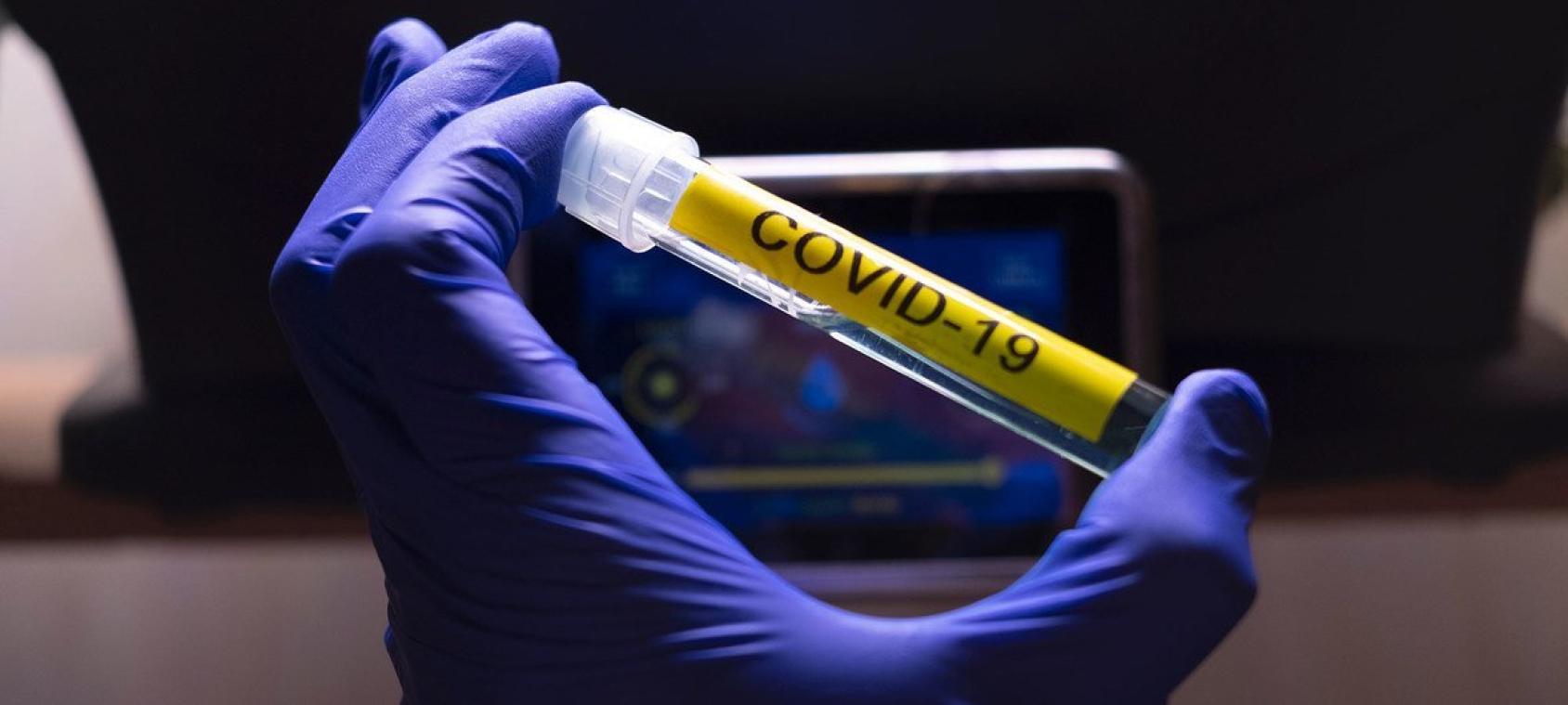How a new India-UN Partnership is Driving South-South Cooperation

A census officer in the Caribbean, a schoolchild in Nepal, a vocational trainee in South Sudan and a health worker in Zambia may never meet. Yet they are all connected by a new partnership between India and the UN that aims to deliver tangible results across the Global South to accelerate the achievement of the Sustainable Development Goals.
In the Lao People’s Democratic Republic and Zambia, more than 25,000 female health workers will gain training and tools to better track medicines. In South Sudan, women will participate in new agriculture and construction skills councils. Across five Caribbean nations, census teams will upgrade digital mapping to ensure the inclusion of women and people from marginalised groups in their surveys. And in Nepal, fortified rice will reach schools through stronger supply chains, impacting the lives of several children and families, including those from underprivileged communities.
These are examples of how the first wave of the India-UN Global Capacity-Building Initiative, launched in August 2025, is bearing results that transform people’s lives around the world. With the UN Resident Coordinator system as a connector, Indian expertise in health, skills development, statistics, and food systems is being adapted to local contexts, accelerating progress on the Sustainable Development Goals (SDGs).
India’s leadership, UN’s convening power
India has long been a leading voice for the Global South and champion of South-South Cooperation. From advocating for the inclusion of the African Union in the G20 to providing timely, demand-driven support during global crises, India has consistently extended a hand to partner nations. Its Vaccine Maitri (Friendship) programme supplied COVID-19 vaccines to more than 100 countries, while humanitarian assistance reached Afghanistan recently during a period of acute need. Alongside these efforts, the India–United Nations Development Partnership Fund has helped deliver collaborative projects in health, education, and livelihoods across the Global South.
India’s international cooperation is rooted in its own development experience. Facilitated by the country’s advanced Digital Public Infrastructure model, India has invested in building its own development oriented digital platforms such as U-WIN, the electronic Vaccine Intelligence Network (eVIN) and CoWIN, which together ensure vaccines are distributed, tracked, and delivered on schedule. Nutrition programmes guide mothers in caring for their children, while farmers are increasing their incomes through tech-enabled sustainable agricultural practices, among many other solutions across the 17 Sustainable Development Goals. These tested solutions offer a strong foundation for sharing knowledge with other countries.
The UN Team in India, comprising 26 UN Agencies, Funds, and Programmes, is privileged to partner with the Government of India at the central and state levels, as well as civil society and the private sector, in many of these inspiring stories. In addition to sharing international best practices, the UN is also helping identify Indian best practices to disseminate at the global level, a true two-way collaboration.

Partnerships driving cooperation
To help further accelerate the SDGs internationally, India’s Ministry of External Affairs and the UN in India, led by the Resident Coordinator’s Office, jointly launched the India–UN Global Capacity-Building Initiative. The initiative seeks to systematise how Indian innovations are adapted and applied in other parts of the Global South.
Under the India-UN Global Capacity-Building Initiative, the UN development system will leverage its worldwide reach to help connect Indian best practices and institutions with other countries to accelerate the achievement of the SDGs. The Resident Coordinator system is playing a central role, helping connect Indian innovations and technical institutions with partner countries in a demand-driven way through relevant UN agencies. The Initiative is enriched through a strategic collaboration with the Ministry of External Affairs' globally recognised Indian Technical and Economic Cooperation (ITEC) programme.
The United Nations India SDG Country Fund, which underpins this work, was initiated through a foundational contribution from the Gates Foundation.
As the UN Resident Coordinator in India, Shombi Sharp, explains: “India’s leadership in South-South cooperation is clear. With the UN’s convening power, we can connect Indian expertise with global partners and accelerate progress for people everywhere.”
Results on the ground
The first four projects launched under the UN Global Capacity-Building Initiative span health, skills, data, and nutrition:
- Zambia and the Lao People’s Democratic Republic: The UN Development Programme (UNDP) together with the Centre for Development of Advanced Computing, the National Health Authority, and the National Institute of Health and Family Welfare, will pilot medicine tracking for non-communicable diseases and strengthening health-care data systems to improve service delivery. More than 25,000 female health workers are expected to benefit, with training delivered through India’s ITEC programme.
- South Sudan: The UN Educational, Scientific and Cultural Organization (UNESCO) working with the National Institute for Entrepreneurship and Small Business Development and the National Skills Development Corporation, will help strengthen technical and vocational education. Drawing from India’s public-private model, South Sudanese officials will design training that responds to labour market needs. Two new sector skills bodies in agriculture and construction will be piloted, and women’s participation will be a priority.
- Caribbean (Barbados, Belize, Saint Kitts and Nevis, Suriname, and Trinidad and Tobago): The UN Population Fund (UNFPA) and India’s National Statistical Systems Training Academy, and the Office of the Registrar General and Census Commissioner, will strengthen national census capacity. Training in digital mapping, planning, and gender-sensitive data collection will help ensure marginalized groups are properly counted, and lessons will be shared with other small island developing states.
- Nepal: The World Food Programme (WFP) and India’s National Institute of Food Technology Entrepreneurship and Management will support efforts to fortify rice. A proof-of-concept pilot in two districts will demonstrate how digital tracking and logistics can strengthen the supply chain, reinforcing Nepal’s national fortification strategy and strengthening school meal and public nutrition programmes.
Together, these efforts demonstrate how Indian solutions, adapted to local needs and scaled with UN support, can deliver tangible results across continents.
From solidarity to solutions
The Global Capacity-Building Initiative demonstrates a new model of cooperation: countries of the Global South sharing solutions with each other, with the UN acting as a connector and an enabler. By drawing on India’s proven innovations and the UN’s worldwide reach, the initiative shows how South-South partnerships can move beyond principles to deliver results in people’s lives.
By expanding opportunities for women, improving nutrition for children, and strengthening institutions to be more inclusive, India and the UN are proving that South-South cooperation is not just about solidarity; it is about solutions, delivered at scale, for a more sustainable future.
To read more coordination results from India click here













